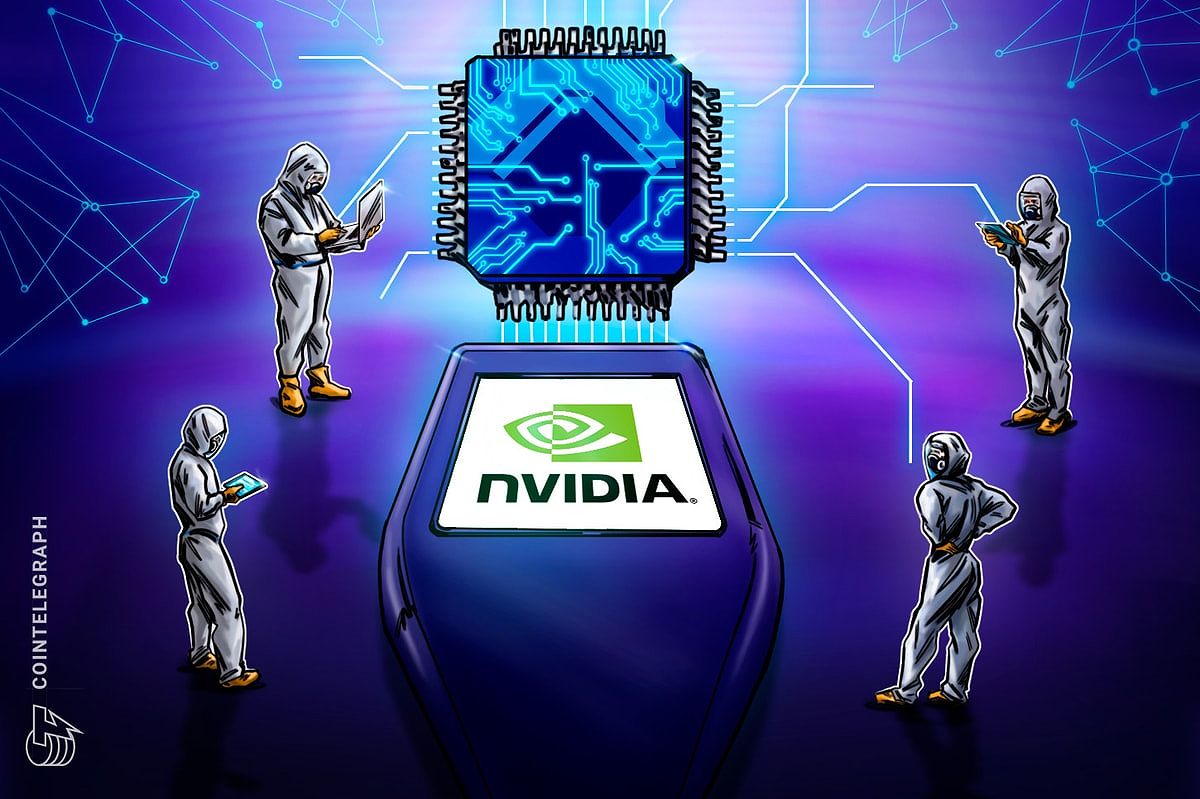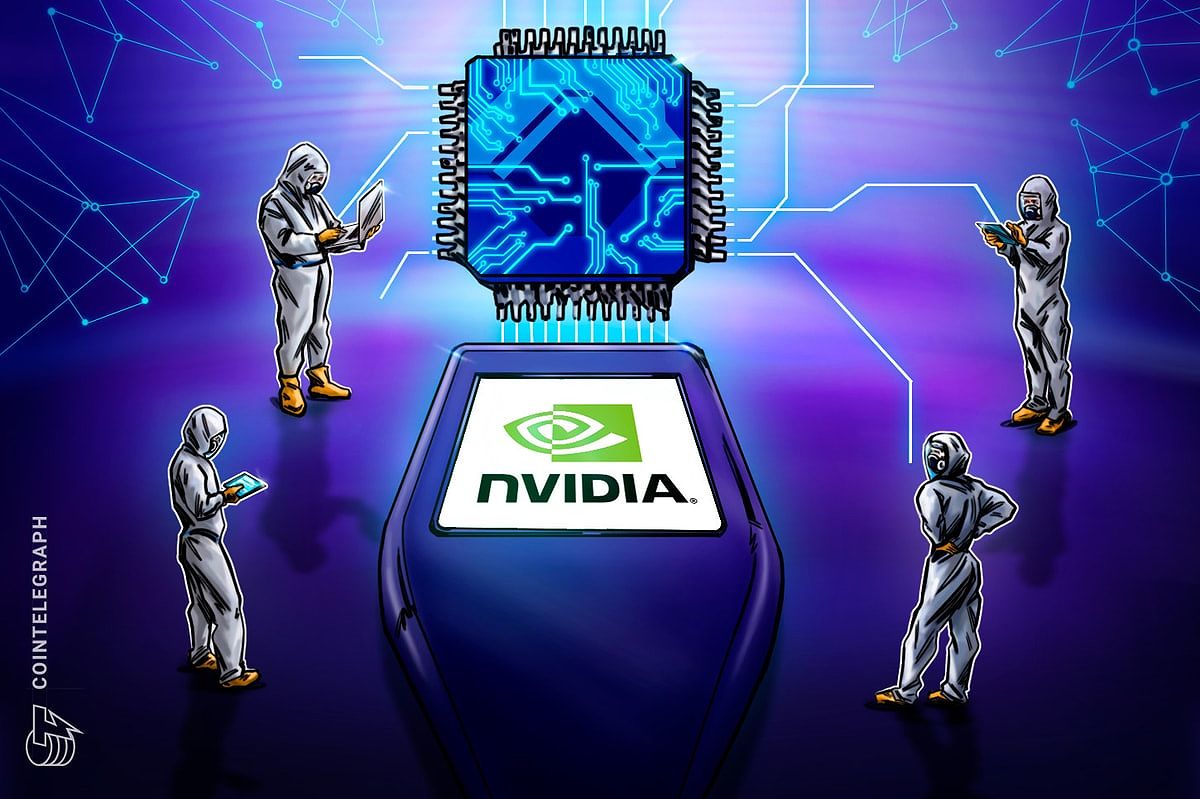The recent news surrounding the postponement of a much-anticipated AI chip from a prominent tech giant has stirred conversations within the industry. This delay raises eyebrows and questions about the future of generative AI, a field that has captured the imagination of many. As the clock ticks on advancements in artificial intelligence, the ramifications of this setback could ripple through the landscape of AI development and innovation.
How the Chip Delay Affects AI Progress
The postponement of this cutting-edge chip isn’t just a minor hiccup; it has the potential to create a chain reaction affecting various AI projects. Companies that rely heavily on these chips for their AI infrastructure may now find themselves grappling with delays in their initiatives, which could stall the launch of new products and services. Moreover, researchers may need to rethink their strategies and timelines, as the unavailability of critical hardware could slow down research and development efforts significantly.
The Bubble Talk: Is Generative AI Overrated?

This delay has ignited a heated debate regarding the viability of the generative AI industry. Some experts caution that the sector might be on the verge of a “bubble,” fueled by inflated expectations and valuations that may not reflect reality. They point to the steep costs associated with AI development, the scarcity of practical applications for existing AI models, and the risks of misuse or unintended consequences that come with powerful technologies.
Conversely, proponents of generative AI argue that the field is brimming with potential. They believe that the current challenges are merely growing pains, and that AI could fundamentally transform industries, enhance efficiency, and tackle complex issues that have long plagued society. This ongoing debate underscores the importance of maintaining a balanced perspective on the opportunities and challenges that generative AI presents.
Navigating the Future of the AI Chip Market
The impact of this chip delay extends beyond immediate project setbacks; it could reshape the competitive dynamics within the AI chip market. The leading company’s hold on the market might face challenges if other firms seize the opportunity to innovate and release their own advanced AI chips. The landscape of the AI chip market will be influenced by a relentless pursuit of more powerful and efficient chips, alongside the emergence of new applications and use cases that could redefine what AI technology can achieve.
Conclusion
In summary, the delay of this advanced AI chip has sparked significant concerns regarding the future of generative AI development. While the immediate effects may pose challenges for the industry, it’s crucial to remember that AI is a dynamic field, constantly evolving with immense potential. The trajectory of generative AI will depend on the relentless pursuit of technological advancements, the discovery of novel applications, and the ethical implementation of AI solutions that aim to benefit society as a whole. As the industry navigates these turbulent waters, the hope remains that such setbacks will ultimately lead to stronger foundations for future innovations.

